## The Wheel of Time is Spinning, But the Fantasy Gold Rush is Fading: Can It Find its True Path? It felt like every streaming service was scrambling to cash in on the fantasy gold rush. From “The Witcher” to “Shadow and Bone,” the fantasy genre was exploding on screen. But the dust has settled, and with it, the pressure cooker of expectations. Now, with a new season of “The Wheel of Time” on the horizon, the question arises: can this ambitious adaptation finally break free from the shadows of its predecessors and truly embrace its own unique identity? Polygon suggests it might just be possible, and we’re taking a closer look at why.
A Focus on Character Development and World-Building
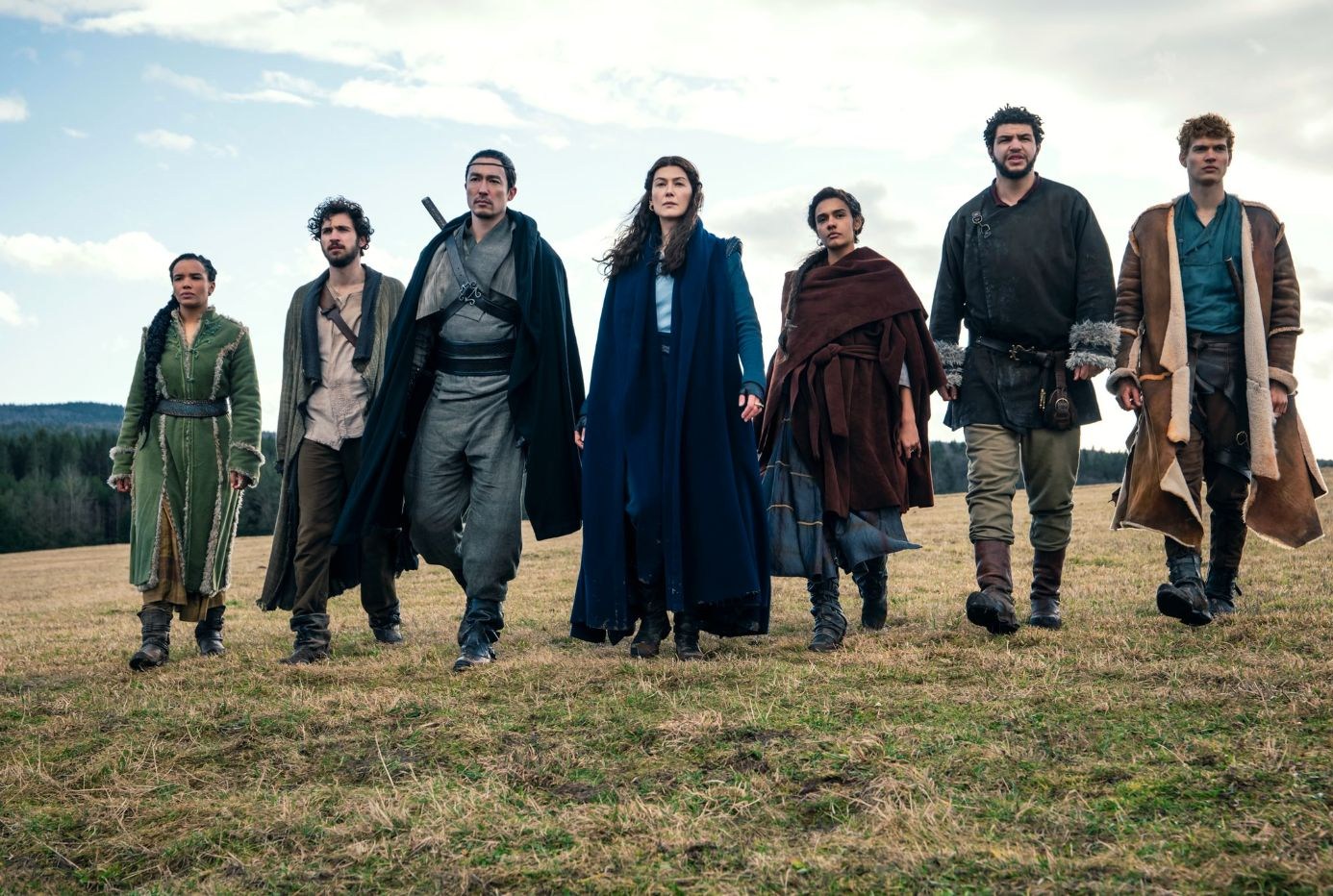
The changing landscape of streaming presents an opportunity for shows like The Wheel of Time to shift their focus from chasing viewer numbers to prioritizing narrative depth. This means dedicating more resources to crafting compelling characters and building a richly realized world.
In the early days of the streaming gold rush, flashy action sequences and recognizable source material often took precedence over nuanced storytelling. Now, with audiences becoming more discerning and demanding, shows that offer genuine emotional investment in characters and a sense of immersion in the world they inhabit will stand out.

The Potential for a More Diverse and Inclusive Fantasy Landscape
The Wheel of Time, with its sprawling cast of characters from various cultures and backgrounds, has the potential to further diversify the fantasy genre. Shows like The Witcher, while popular, have faced criticism for their lack of diversity. The Wheel of Time, on the other hand, showcases a world where characters of different ethnicities and genders hold positions of power and influence.
This commitment to inclusivity not only reflects the realities of a diverse world but also expands the possibilities for storytelling. By showcasing characters from a wider range of backgrounds, The Wheel of Time can explore themes of identity, belonging, and social justice in meaningful ways.
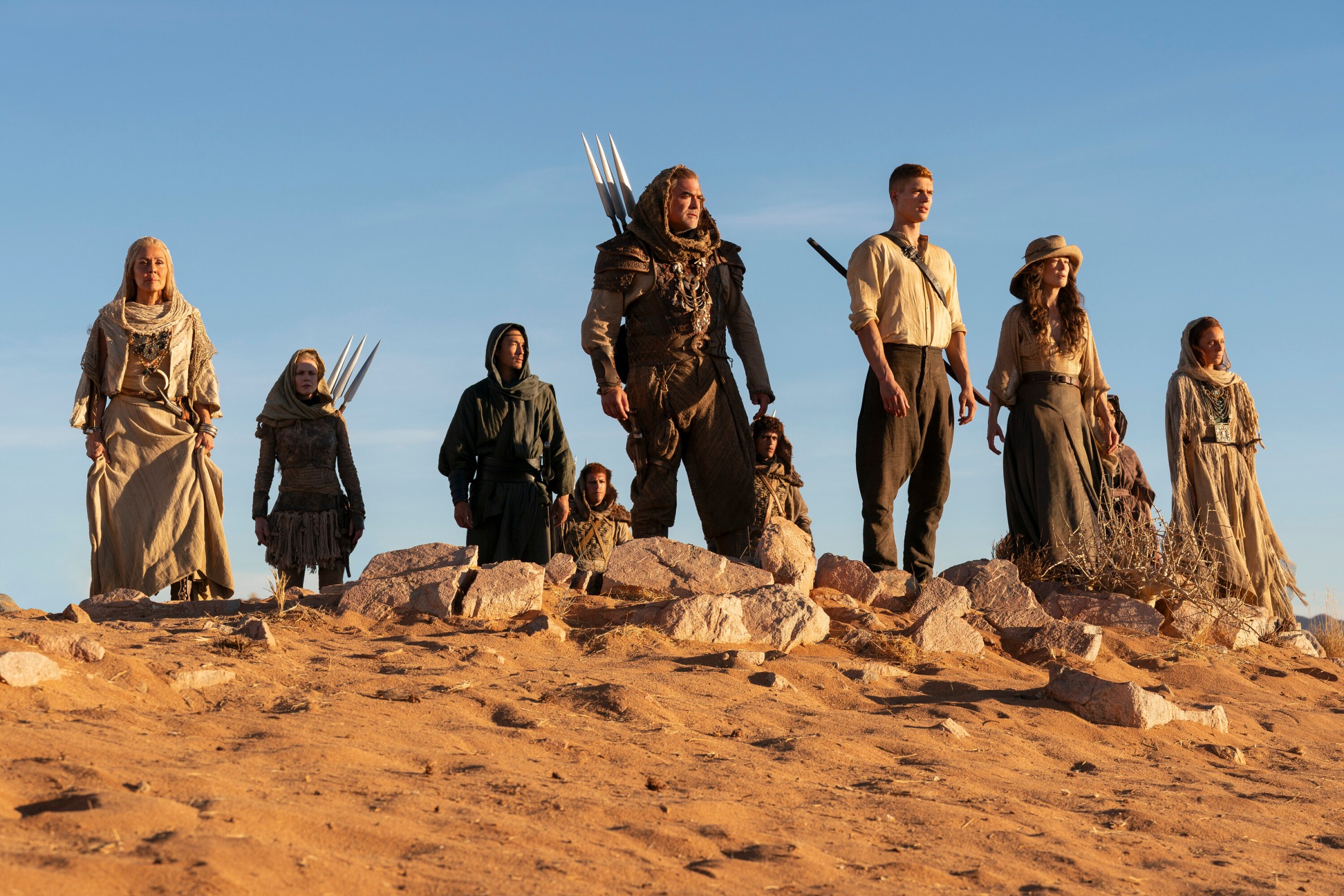
What Does the Future Hold for The Wheel of Time?
Navigating the Changing Landscape of Streaming
The streaming landscape is in constant flux. Platforms are experimenting with different models, from ad-supported tiers to exclusive content deals. This uncertainty makes it challenging for any show to predict its long-term success. However, The Wheel of Time’s loyal fanbase and its potential to grow its audience through word-of-mouth and critical acclaim could provide a solid foundation for enduring popularity.

The Show’s Potential for Long-Term Success
The Wheel of Time has a massive source material to draw from, with 14 novels that offer a wealth of story possibilities. This provides the show with a long-term roadmap for development, allowing it to delve deeper into the world and characters over multiple seasons.
By focusing on quality storytelling, character development, and world-building, The Wheel of Time can carve out a unique niche in the streaming landscape and attract a dedicated audience that values depth and complexity over fleeting trends.
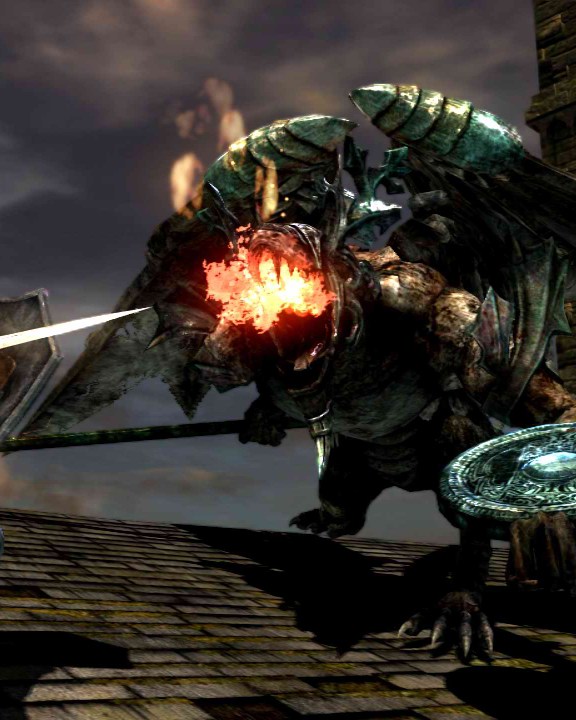
Exploring the Opportunities for Creative Freedom
The end of the streaming gold rush could be a blessing in disguise for shows like The Wheel of Time. With the pressure to deliver immediate, blockbuster-level success lessened, creators can take more risks and explore more unconventional storylines.
This newfound creative freedom could allow The Wheel of Time to truly distinguish itself as a unique and thought-provoking fantasy series, one that embraces its own identity rather than trying to replicate the success of other shows.
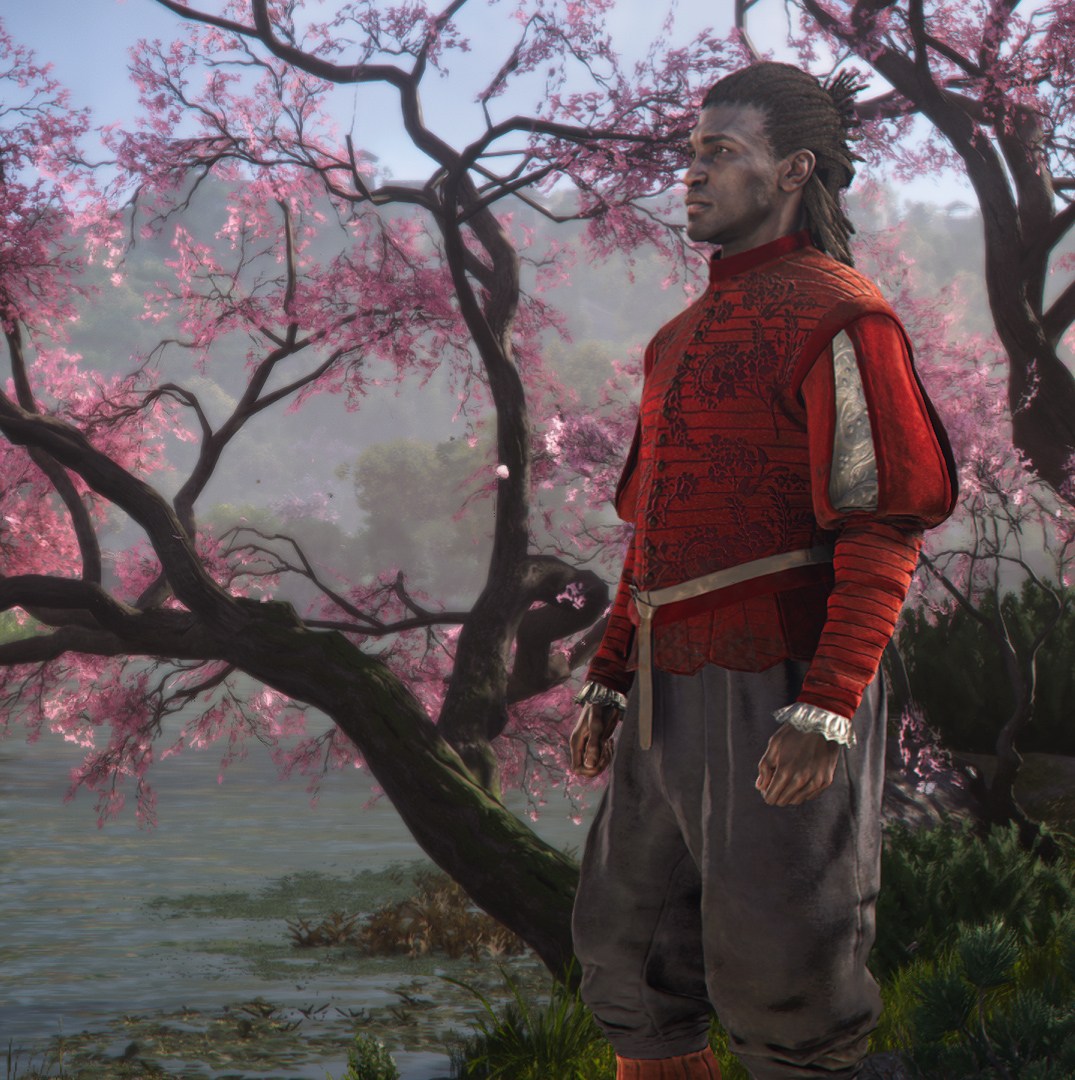
Lessons Learned: The Evolution of Fantasy TV
The Need for Originality and Innovation
The oversaturation of fantasy TV in recent years has highlighted the importance of originality and innovation. Shows that strive to offer something fresh and unique will be more likely to capture audience attention.
Instead of simply rehashing familiar tropes and clichés, The Wheel of Time can embrace its own distinct voice and explore new ideas within the fantasy genre.
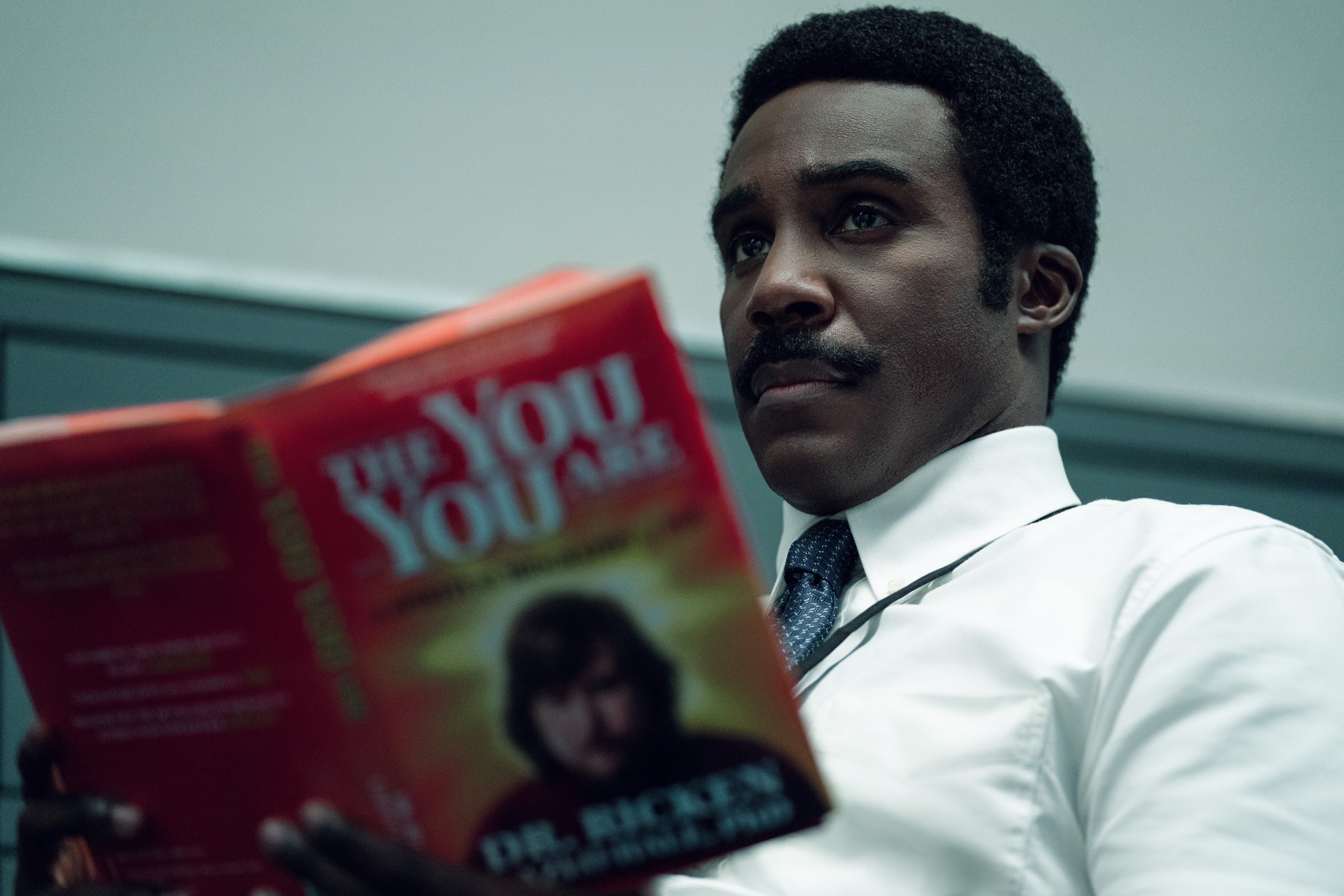
Embracing Diverse Voices and Stories
The success of shows like The Wheel of Time, which features a diverse cast and explores themes of social justice, demonstrates the growing appetite for inclusivity in fantasy.
By showcasing characters from a wider range of backgrounds and perspectives, fantasy TV can become more representative of the world we live in and offer new and enriching storytelling experiences.
The Enduring Power of Well-Crafted Fantasy Narratives
Despite the challenges, the enduring popularity of fantasy TV reveals the timeless appeal of these stories.
Well-crafted fantasy narratives, with their blend of adventure, magic, and compelling characters, continue to captivate audiences of all ages. The Wheel of Time, by focusing on its strengths and embracing its unique identity, can build upon this legacy and contribute to the evolution of fantasy TV for years to come.
Conclusion
The “TV fantasy gold rush” may be sputtering, but that doesn’t spell doom for the genre, especially for shows like “Wheel of Time.” Polygon argues that the recent wave of fantasy adaptations, many riding the coattails of “Game of Thrones,” prioritized spectacle over substance, leading to a saturation of the market. This, in turn, allowed shows that dared to be different, like “The Wheel of Time,” to potentially carve out their own space.
With the pressure of immediate success easing, “Wheel of Time” can finally embrace its own unique identity. It can delve deeper into its complex characters, explore the intricate worldbuilding, and stay true to the source material’s spirit without feeling obligated to chase fleeting trends. This shift could be a turning point for fantasy television, ushering in an era where originality and depth are valued over mere imitation. The future of fantasy TV is not defined by a single show’s success, but by the willingness of creators to take risks and tell stories that resonate with their audiences on a deeper level. Will “Wheel of Time” seize this opportunity? Only time will tell, but the stage is set for a new chapter in the world of fantasy storytelling.

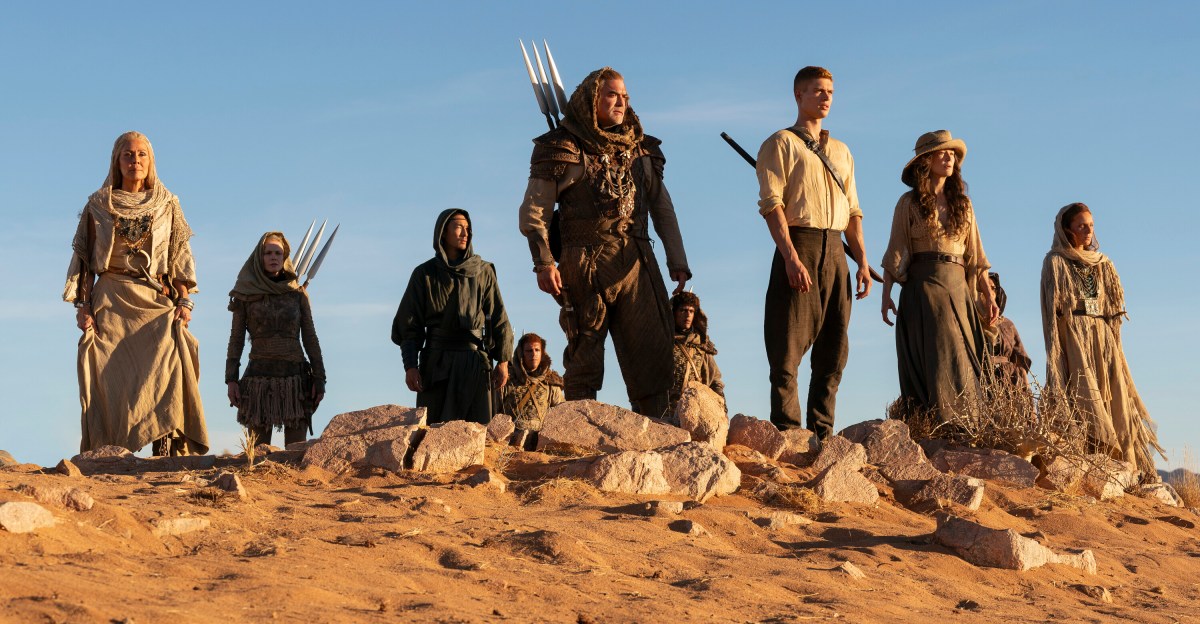

Add Comment